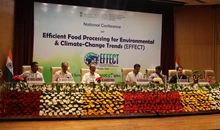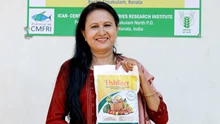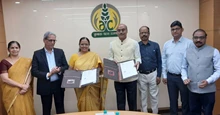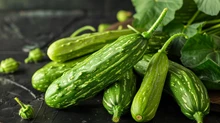
The European Union (EU) flagged these 400 products between 2019-2024 raising alarms about their safety for consumption. This shows a disturbing range of contaminants, including heavy metals, pesticides, and carcinogens, found in various Indian food items that can lead to cancer and other chronic diseases. Amongst the list, 14 products contain dangerous elements like mercury and cadmium. Cadmium, a toxic heavy metal found in 21 products including octopus and squid, poses severe health risks such as chronic kidney disease, cardiovascular issues, and increased cancer risk, particularly lung cancer.
Moreover, 59 products have been found to contain carcinogenic pesticides. Tricyclazole, a fungicide known for its carcinogenic and genotoxic properties has been strictly banned by the EU, but rice, herbs, and spices were detected containing tricyclazole. Over 52 products contained multiple pesticides, with some having up to five different chemicals.
The presence of 2-chloroethane, a toxic byproduct of ethylene oxide, in around 20 products has been found. Ochratoxin A is another banned mycotoxin, spotted in 10 products, that include coffee, rice, and chilies.
Salmonella contamination was identified in organic products such as shatavari, ashwagandha, and sesame seeds, among 100 other items. Groundnut kernels and nutcrackers were found to contain aflatoxins, potent carcinogens, and mutagens known to cause liver damage and cancer.
Rice flour was found to be contaminated with Chlorpyrifos, an organophosphate insecticide linked to neurodevelopmental disorders in children, respiratory issues, and reproductive health problems. Moringa leaves and pods contained monocrotophos and imidacloprid, both neurotoxic pesticides.
The coriander seed powder was contaminated with Chlorpyrifos, which is used to control insect pests but has severe health implications. Frozen raw peeled shrimp tails were found to harbor Vibrio vulnificus, a bacterium causing infections and gastroenteritis, which can lead to high morbidity and mortality if not promptly treated.
The EU urge for stricter food safety regulations and enforcement in the global food supply chain. These contaminants pose serious risks to public health.










